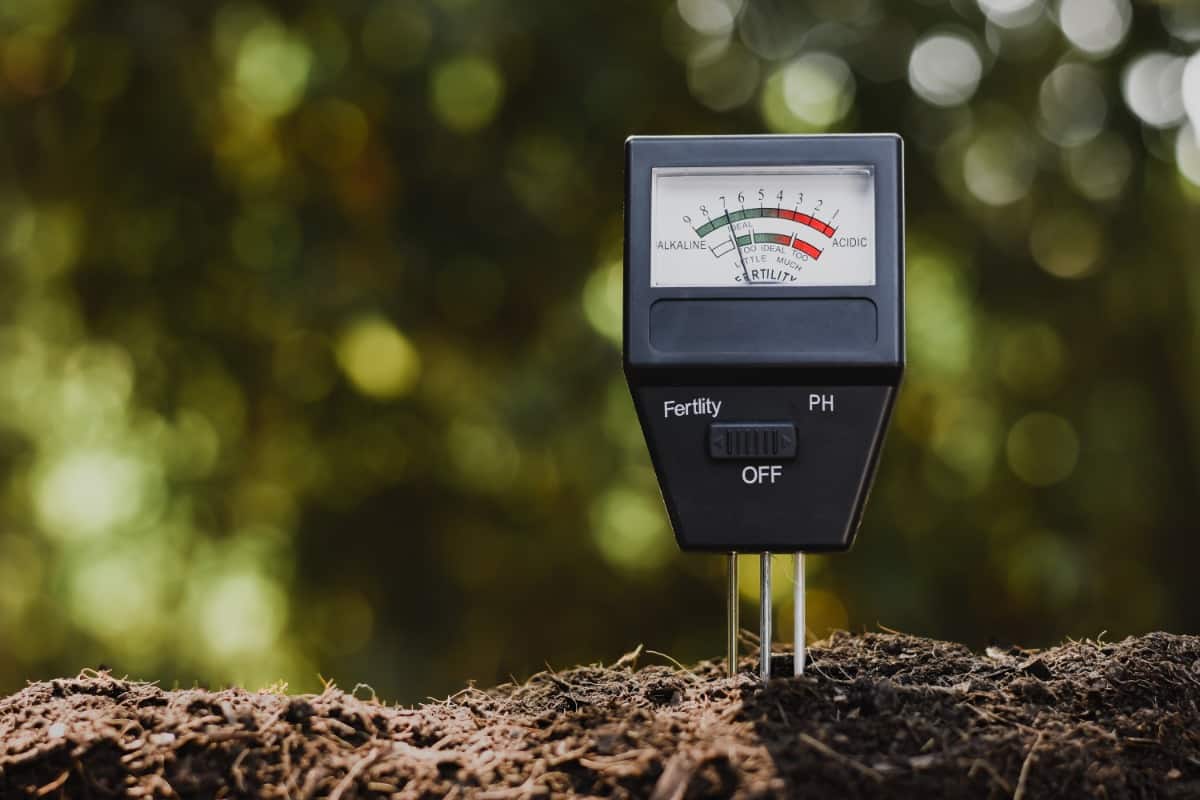How Soil pH Affects Grass: Understanding the Impact on Your Lawn

The health and vitality of a lawn depend on various factors, with soil pH being a crucial one.
Soil pH refers to the acidity or alkalinity level of the soil, and it plays a significant role in determining the success of growing different types of grass. The pH scale ranges from 0 to 14, with 7 being neutral, values below 7 considered acidic, and values above 7 considered alkaline. Understanding how soil pH affects grass can help you maintain a lush and thriving lawn.
Different grass species have specific pH preferences, and maintaining the ideal pH range for your grass type is essential. Most grasses prefer slightly acidic to neutral soil, with a pH range of 6 to 7.5. When the soil pH deviates from this range, it can have several effects on grass growth.
Acidic soil, with a pH below 6, inhibits the grass's ability to absorb essential nutrients like nitrogen, phosphorus, and potassium. As a result, the grass may exhibit stunted growth, yellowing of leaves, and an overall unhealthy appearance. Additionally, acidic soil can encourage the growth of moss and weeds, further competing with grass for nutrients and sunlight.
On the other hand, alkaline soil, with a pH above 7.5, can also pose challenges for grass growth. In alkaline conditions, certain nutrients become less available to the grass, leading to deficiencies. Grass may display symptoms like chlorosis (yellowing of leaves), reduced vigor, and increased susceptibility to diseases. Alkaline soil can also restrict the availability of iron, resulting in a condition called iron chlorosis, where grass leaves develop distinct yellow veins.
To ensure optimal grass growth, it is crucial to regularly test the pH of your soil and take appropriate measures. If the pH is too acidic, you can amend the soil by adding lime, which raises the pH over time. Conversely, if the pH is too alkaline, sulfur or other acidifying agents can be used to lower it. Regularly aerating your lawn and improving soil drainage can also help manage pH levels.
In conclusion, maintaining the proper soil pH is essential for healthy grass growth. Understanding the impact of soil pH on your grass and taking appropriate measures to adjust it can lead to a lush, vibrant lawn that will be the envy of your neighborhood. Remember to consult local gardening experts or extension services for specific recommendations based on your grass type and regional conditions.
MEASURE MY LAWN ONLINE
WANT A GUIDELINE PRICE?
Get an indicative price to cut your lawn without even stepping outside to measure your lawn.
ONLINE PRICE CALCULATOR